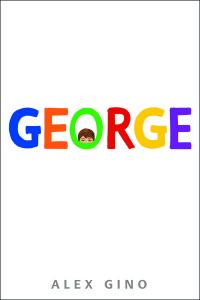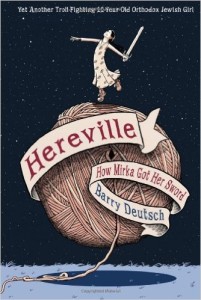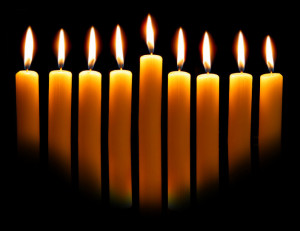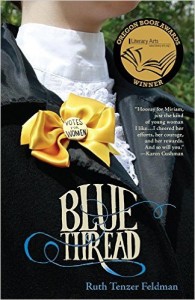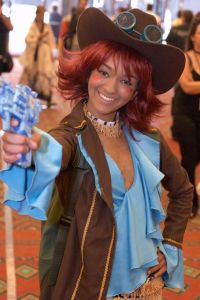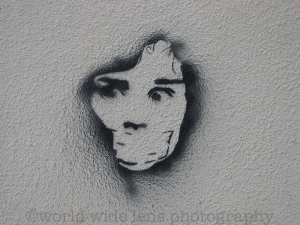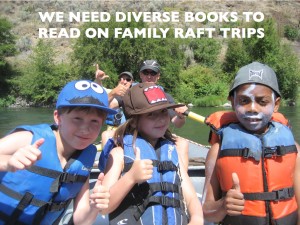 I’ve been thinking about wishes (which isn’t quite the same as actually wishing). Specifically, I’ve been thinking about what we call wish fulfillment stories. These are stories in which the author writes a successful conclusion to her own inner fantasies. The most obvious wish fulfillment stories are romance novels, a denigrated genre if ever there was one. Pronouncements are made with supercilious distain: that’s not literature or it’s just a love story or that’s impossible.
I’ve been thinking about wishes (which isn’t quite the same as actually wishing). Specifically, I’ve been thinking about what we call wish fulfillment stories. These are stories in which the author writes a successful conclusion to her own inner fantasies. The most obvious wish fulfillment stories are romance novels, a denigrated genre if ever there was one. Pronouncements are made with supercilious distain: that’s not literature or it’s just a love story or that’s impossible.
I think Kelly Jensen nails it when she observes that the biggest wish fulfilled in romance novels is female pleasure. Consider that for a moment (and maybe read this essay by Lili Loofbourow about how the metrics for good/bad sex are so different for women than for men). It is merely a wish—a wish with all the unrealistic hopefulness that implies—for a woman to seek and satisfy her own needs for intimate pleasure. That’s impossible.
In the last year I wrote the draft of a new novel that I crammed full of things I love. Things like David Bowie and cosplay, Pride and Prejudice and Zombies and taco carts, Jeff Goldblum and aerial silks. I wrote a book that made me happy, a book about friends that take care of each other and people who get along even though they are really different.
The entire book is pure wish fulfillment.
It wishes inclusion and respect.
It wishes tolerance and love.
It wishes the elevation of our best selves.
It wishes hope.
It wishes a extended hand.
It wishes glitter and bonfires on the beach.
Writing it was an escape from real life, a personal pleasure, exactly like a romance novel (but mine isn’t a romance novel FYI). Now I have to revise it, and here’s the problem: I write contemporary, realistic fiction, and this book wishes the opposite of what I see every day in the news. Most of the big issues I need to resolve in this draft are a direct result of this conflict between the world I want and the world I see. This is a harder issue to resolve than a hitch in the plot or an inconsistent character arc. This is big philosophical stuff.
I don’t have the answers right now about how to fix this novel, but I do know one thing for sure—there’s nothing wrong with wishing the world were different. I believe it’s called hope.
Tell me, what are you wishing for these days?
